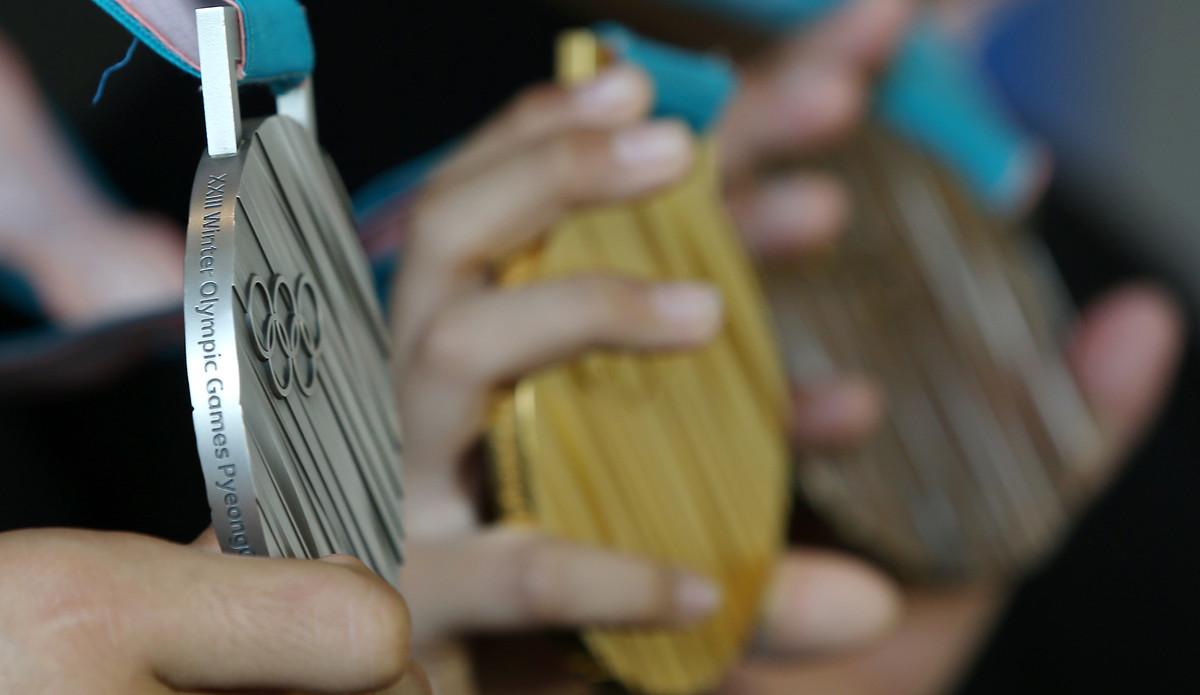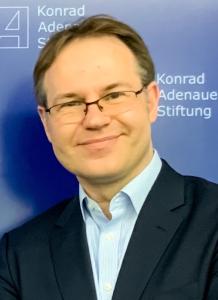Country reports
Fragmentation of political Parties
Even South Koreans who are interested in politics can hardly keep up with the recent changes in the political realm. In first weeks of the year 2018 the political landscape has been characterized by the formation of new parties, fragmentation and mergers of existing ones. This is not entirely unusual, as Korean politics is no stranger to hard and relentless conflicts. At the moment especially the smaller parties gain media attention. In the current 20th National Assembly (296 Members of Parliament, status as of January 31, 2018) the different factions hold 121 (Minjoo, progressive party of President MOON Jae-in), 117 (Liberty Korea Party, LKP, conservative), 39 (People's Party, center/liberal), 9 (Bareun Party, center-conservative) and 6 ("Justice Party", "workers party") seats.
The South Korean party system is thus changing once again. AHN Cheol-soo is the chairman of the People's Party which he himself founded on February 2, 2016 in Daejeon. Less than 24 months later, his party is already splitting into two parts. The split was triggered by the decision of the party leadership to merge with the Bareun Party. This controversial decision was hotly debated within the People’s Party. The merger is meant to improve the strategic position of the parties in the upcoming nationwide regional elections in June. Since voters’ decisions in South Korea are strongly determined by regional factors and the origin of the candidates, those coming from one’s own region receive a particularly large number of votes. So far, the two parties have been focused mainly on "their" respective regions and hope to broaden their electoral base through this merger.
The merger plans have thus divided the People's Party. The intra-party opponents of AHN Cheol-soo have already left the party and formed a new party, by the name "Party for Democracy and Peace". 179 former members of the People's Party, among them 16 sitting Members of Parliament including the former party whip / parliamentary group leader PARK Jie-Won and the Co-Chairman CHUN Jung-Bae, initiated the new movement. This example once again shows that strong personal relationships and alli-ances in the context of elections dominate the political landscape in South Korea and are more important than party programmes.
The Bareun party, founded in January 2017 in Seoul, is even younger than the People's Party. However, there was no time for a festive ceremony of its first anniversary. Only one year after the party was founded, its chairman YOO Seung-min is already working on the merger of his movement with the People's Party. Consequently, the young party has also hit politically troubled waters because of these intentions.
The official announcement of the merger between the People's Party and Bareun Party by AHN and YOO is expected to take place at a party congress in mid-February - with the project name "Party for Reform and Unity." The committee responsible for the merger of the two parties is publicly trying to identify a name for the new political movement. Due to the strong criticism from parts of the both parties, it is still uncertain whether the merger will actually materialise. A common political approach is yet to be found and disagreements on various policies could even impede the merger.
Significant differences exist, for example, regarding the North Korea policy. While the Bareun Party is more reserved when dealing with North Korea and does not want to suspend the joint South Korean-US military exercises, the majority of the People's Party supports the dialogue process with the northern neighbour. It remains to be seen whether this strategic alliance between the two parties can work under such circumstances. The differences could also prevail and stall the whole process.
Political Gold Medal for North Korea?
Very recently the North Korea policy seems to be changing due to Kim Jong-un’s New Year’s speech and the start of the Olympic Winter Games in Pyeongchang / South Korea. What could South Korea gain from such a recalibration and what is at stake?
For two years, relations between South and North Korea were on ice and there was no communication between the two Koreas. The resumption of talks increases the lever-age of the new South Korean government for the first time since its election in May 2017. Previously, South Korean media regularly spoke of "Korea Passing" since the important decisions about the future of the Korean peninsula were taken in Washing-ton, Beijing or Pyongyang. Seoul and the administration of President MOON Jae-in were never really in the driver’s seat. This has changed since the beginning of the year. As a result of the direct talks between South and North Korea, Seoul can assume structuring more constructive and proactive role.
However, this new development also poses a number of political risks for South Korea. It is only due to the help of the “South Korean brother” that North Korea has made a comeback on the international stage. The conservative opposition in South Korea fears that the North could use the sports competitions and cultural programs for their own propaganda and turn the Pyeongchang Olympics into the "Pyongyang Olympics". The parade to celebrate the founding of the Korean People’s Army, which takes place on 8 February 2018 – one day prior to the official opening ceremony of the Olympics – and was announced by Pyongyang only on short notice, is perceived as an affront towards Seoul by many South Koreans. Critics also worry that this rapprochement could create loopholes in the sanctions regime against North Korea. For instance, as a result of the further tightened sanctions due to UN Resolution 2270, ships can no longer call at North Korean ports and planes are not allowed to approach airports in the country. The recent charter flight of a South Korean Ski team for a joint training in the North Korean ski resort of Masikryong could, thus, only take place after an intensive discussion with the US government. Under US sanctions, foreign vessels and aircrafts that have stopped in North Korea, are usually prohibited from entering the United States for a period of 180 days.
How is it possible that athletes can travel to the North for a joint training while tough sanctions are in place? In this context, the differences between Seoul and the United States are becoming increasingly obvious. The American government is pressing for a further tightening of sanctions. South Korea, on the other hand, seems in favour of dialogue with the regime in the North.
Sport is highly politicized in South Korea. This is particularly true for the Winter Games in Pyeongchang. The influence of politics and economics on sports is increasingly visible these days – much to the detriment of the sport. Many South Koreans feel that the decision to form a joint team of South and North Korean ice hockey players is a purely politically motivated move. The decision to merge the teams was made in a split second and without consulting the athletes and coaches. After years of preparations for the Olympic Games at home, the level of frustration and disappointment was high among those South Korean athletes and coaches who were expelled from the team in order to make space for the North Koreans. It is hardly possible to form a competitive and meaningful team in less than two weeks.
These controversies have negatively affected the previously high popularity of the South Korean President. In several surveys, including the most recent one by "Gallup Korea," MOON Jae-in has lost the top spot among Korean politicians. His popularity dropped by 6 percent compared to the previous week. The disappointment was espe-cially great among people in the age group of 20 to 30 years, who are frustrated by the interference of politics into South Korean sports.
There already seems to be a clear winner: the North Korean regime. Only time will tell if the host South Korea can also achieve political gains from the games.
Provided by
Auslandsbüro Korea
Topics
About this series
The Konrad-Adenauer-Stiftung is a political foundation. Our offices abroad are in charge of over 200 projects in more than 120 countries. The country reports offer current analyses, exclusive evaluations, background information and forecasts - provided by our international staff.




